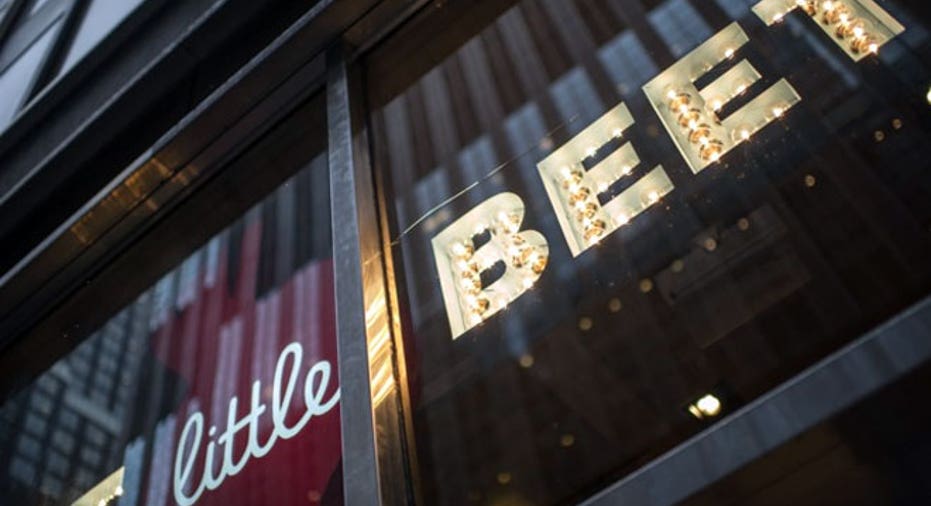The Little Beet That Could

It’s noontime in midtown Manhattan, which means, for many, it’s time to go to the Beet.
Chef Franklin Becker has caused a sensation with the lunch crowd since opening the fast-casual spot, The Little Beet, in January, offering what he describes as wholesome food that also happens to be gluten free.
“I wanted to answer a need,” said Becker. “I wanted to create an exclusively gluten-free concept where guests felt relaxed that there was no cross pollination, but I also wanted to make sure we weren’t short-changing the guest. But once I figured out the menu, I realized everything could be done gluten free while still being great that food people want.”
The gluten-free phenomenon in the U.S. is expanding rapidly -- for those who can’t eat gluten (a protein that is found in grains like wheat and barley) and for those who don’t want to eat gluten -- and the numbers show it: According to market research company Mintel, sales of gluten-free products in 2013 were estimated at $10.5 billion; by 2016 it is estimated the category will yield more than $15 billion in annual sales.
"I am not saying everything that says ‘gluten free’ is healthy, because it isn’t. But I do think there is a big problem in this country with processed foods and there are so many auto-immune diseases on the rise....The saying ‘you are what you eat’ is true.”
“A lot of people are getting sick from [gluten],” said Becker, a New York native who has been the executive chef at places like Abe and Arthur’s and Capitale. “My eldest son has autism and the doctor told us not to give him gluten, so we don’t.”
To some, eating gluten free is simply a fad -- but Becker said he thinks the increased demand is here to stay.
“I am not saying everything that says ‘gluten free’ is healthy, because it isn’t. But I do think there is a big problem in this country with processed foods and there are so many auto-immune diseases on the rise….The saying ‘you are what you eat’ is true.”
Becker says the Beet’s price point, which is about $10-$15 on average, is on the higher end of the fast-casual spectrum, but he said that he tries to make the food as affordable as possible and that the high quality would be much more expensive in a sit-down restaurant. And, it seems, many agree that The Little Beet is well worth it. The Beet is expanding to several more locations later this year and five months in, it is already in the black and sporting a solid profit margin.
“I started cooking when I was 14 and from the time I was young, I wanted to be part of something big,” said Becker. “And the main reason why I wanted to do The Little Beet was it was a way to make a change in the way Americans eat.”



















